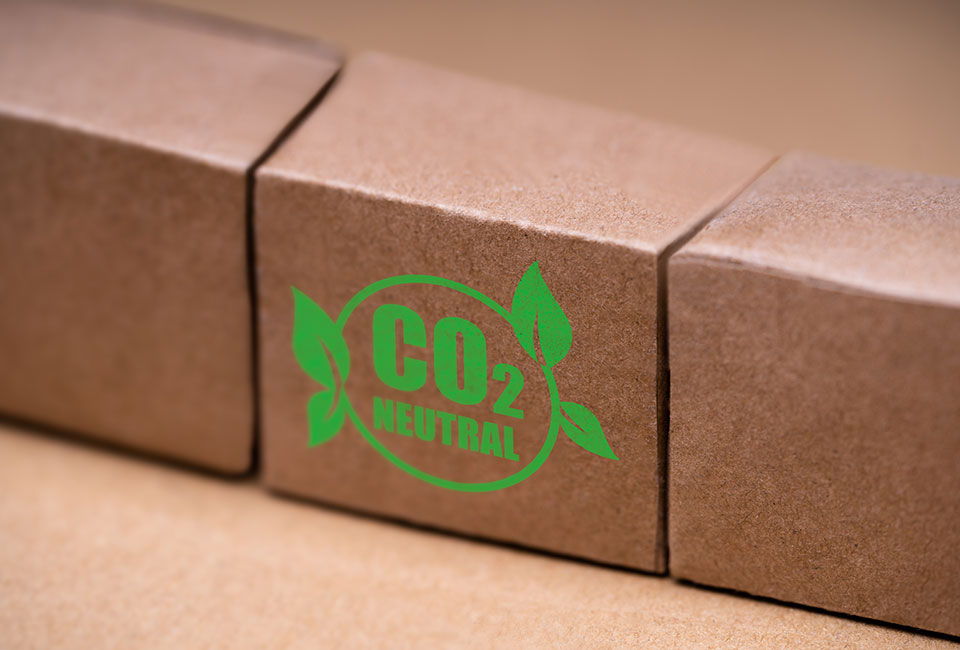
It is to become more expensive to emit climate-damaging carbon dioxide (CO2). Negotiators from the EU Parliament and the EU states have agreed on a reform of emissions trading. It is the centerpiece of the EU's 'Fit for 55' climate package.
The EU wants to reduce emissions of climate-damaging greenhouse gases such as CO2 by 55% by 2030 compared to 1990. It wants to become climate-neutral by 2050, i.e. only emit CO2 that can be recaptured. In doing so, the states want to adhere to the Paris climate protection agreement, whose goal is to limit global warming to as close as possible to 1.5 degrees C. compared to pre-industrial times. According to the latest 2020 data from Eurostat, the statistics agency, the EU has so far reduced its CO2 emissions by 33% compared to 1990, partly due to the Corona pandemic.
Those who emit greenhouse gases must pay
A higher price for trading carbon credits, or pollution allowances is intended as an incentive to switch from fossil fuels such as gas or oil to renewable energy and reduce CO2 emissions. For example, industries must show pollution allowances in order to emit CO2. The EU now wants to rapidly reduce the number of pollution allowances in circulation, making them more expensive.
Consumers also have to pay
The system is to be extended to heating buildings and road traffic from 2027 on. Suppliers of gas or gasoline will then have to buy pollution allowances, which is expected to increase the price of gasoline and gasoline. This is intended to create an incentive to use heat pumps for low-CO2 heating, for example, or to drive electric cars. However, the EU is leaving a loophole open: if energy prices are particularly high, the system can be postponed for a year so as not to burden consumers too much. Air and sea transport are also to be included in emissions trading.
Free certificates for companies to be phased out by 2034
The question is also how long companies will be allowed to continue emitting CO2 free of charge. Currently, free certificates are handed out so that European companies are not at a disadvantage compared to producers in countries where there are no CO2 prices. Free certificates for companies are now to be largely phased out by 2034. Companies that do not make an effort in the energy transition will have to hand over free certificates.
Foreign sellers to the EU must pay for CO2 emissions
When the free certificates expire, stronger protective mechanisms for European companies are also to take effect. For example, producers abroad will have to pay for CO2 emissions if they want to sell their goods in the EU - through a so-called CO2 border adjustment, which is to apply in full from 2034.
Social climate fund to absorb costs for consumers
Higher costs for consumers as a result of theenergy turnaround are to be absorbed by a new fund worth 86.7 billion euros. This is to provide relief for households and finance investments, for example in more efficient buildings or public transport. The fund is to be fed by revenue from emissions trading and partly also by the member states.
The agreement must still be officially confirmed by the EU Parliament and the states. However, this is considered a formality.
Reform of emissions trading also applies to Switzerland
Swiss emissions trading is linked to EU emissions trading. Accordingly, Switzerland is obliged to equivalence and must adapt emissions trading. Which reforms it will adopt must be examined, Seco told media.
The source of the text is the German Press Agency dpa.